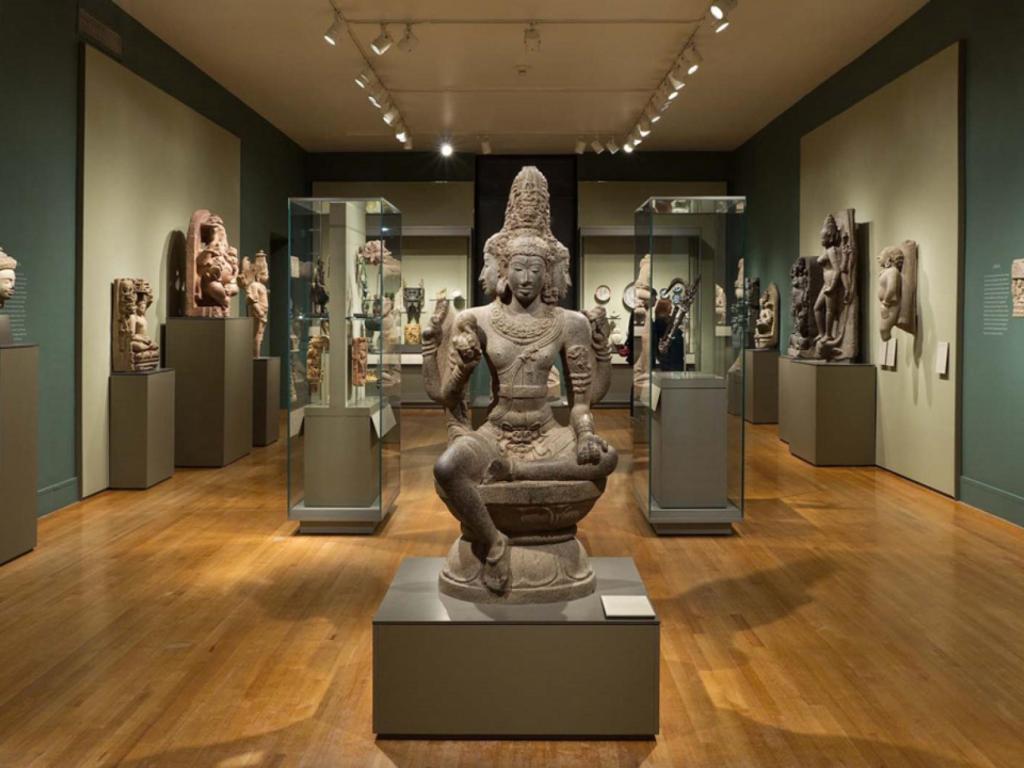A major cultural institution in Singapore has announced plans to return several artifacts to their countries of origin, marking a significant shift in museum policy regarding historical collections. The decision follows years of dialogue with communities and governments about cultural heritage.
The museum will begin the repatriation process with items from Indonesia, Malaysia, and Thailand that were acquired during the colonial period. Museum officials have worked closely with experts and representatives from each country to verify provenance and arrange proper transfers.
“These objects hold deep cultural and spiritual significance for the communities they came from,” explained the museum director. “Returning them is not just about correcting historical wrongs, but about fostering mutual respect and building meaningful partnerships.”

The repatriation effort includes ceremonial objects, historical manuscripts, and artistic works. In some cases, the museum will retain high-quality replicas for educational purposes, while the originals return to their home countries.
The decision has been welcomed by cultural heritage advocates, who see it as part of a broader global movement toward more ethical museum practices. Several major institutions worldwide have undertaken similar initiatives in recent years.
The museum is also developing new exhibition approaches that emphasize collaboration with source communities and transparent storytelling about how collections were formed. These changes reflect evolving standards for cultural institutions in the 21st century.


Leave a Reply